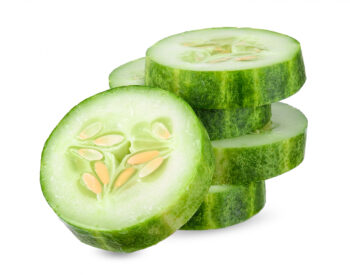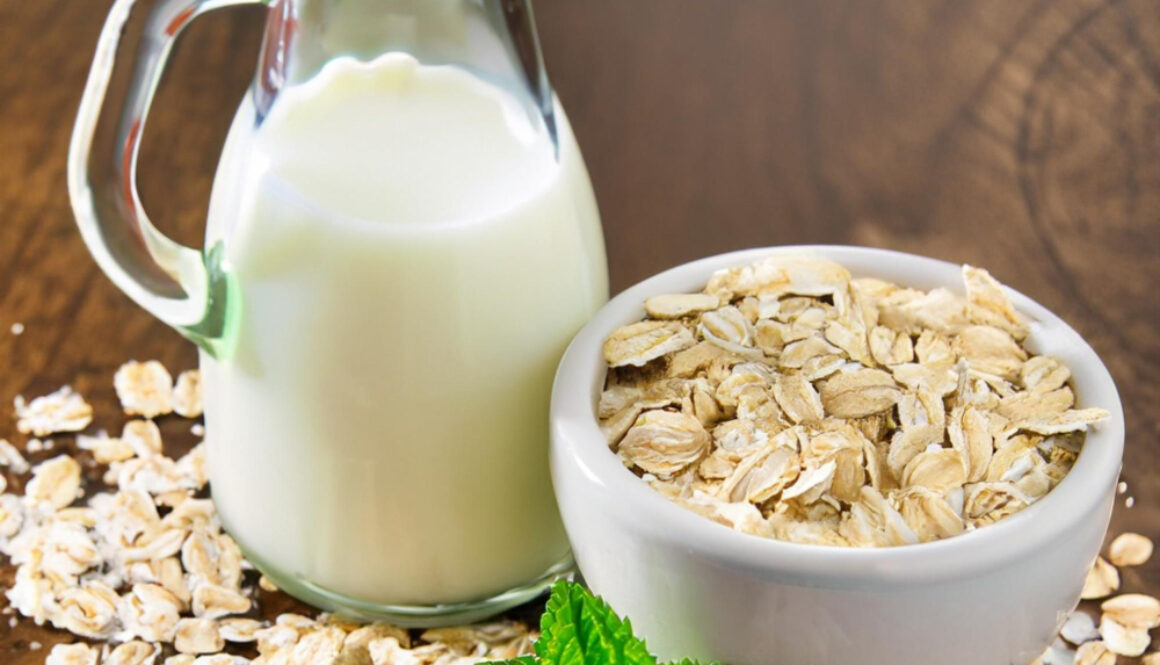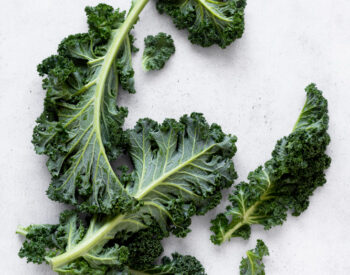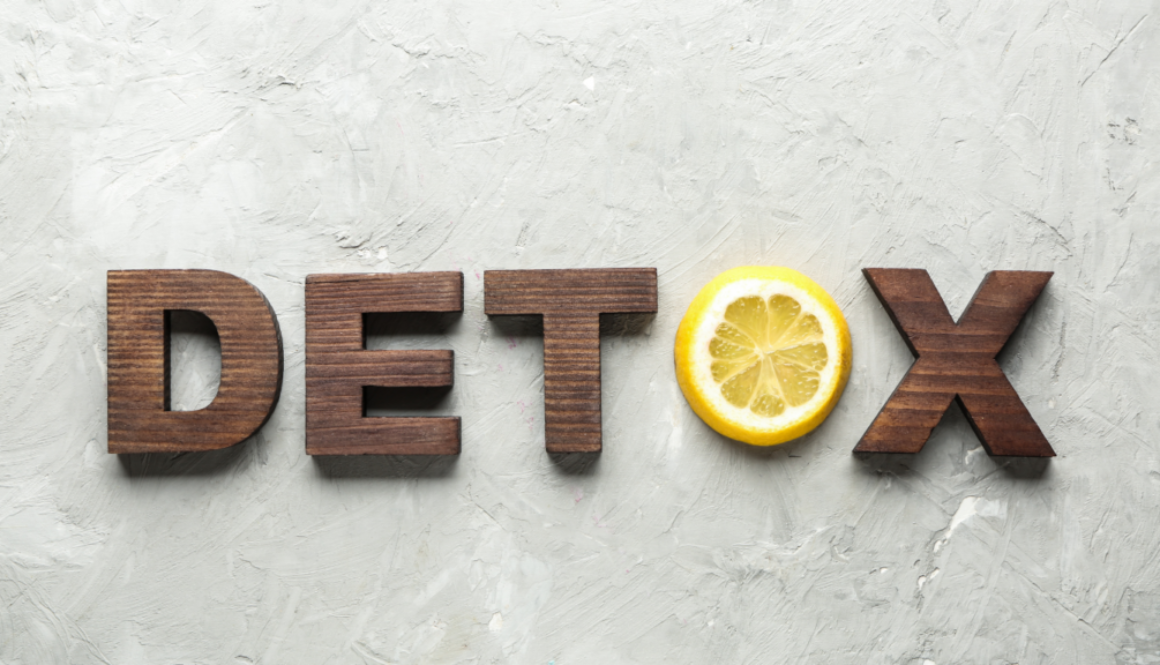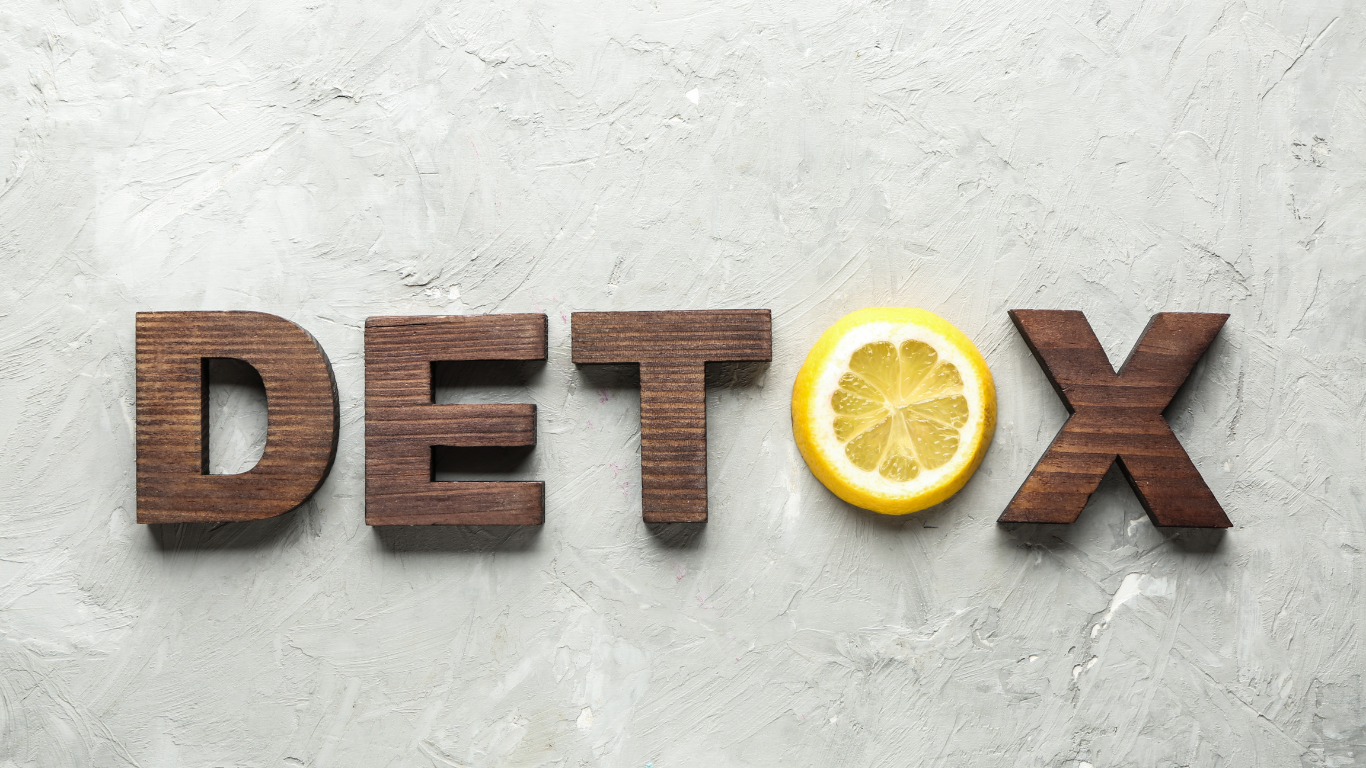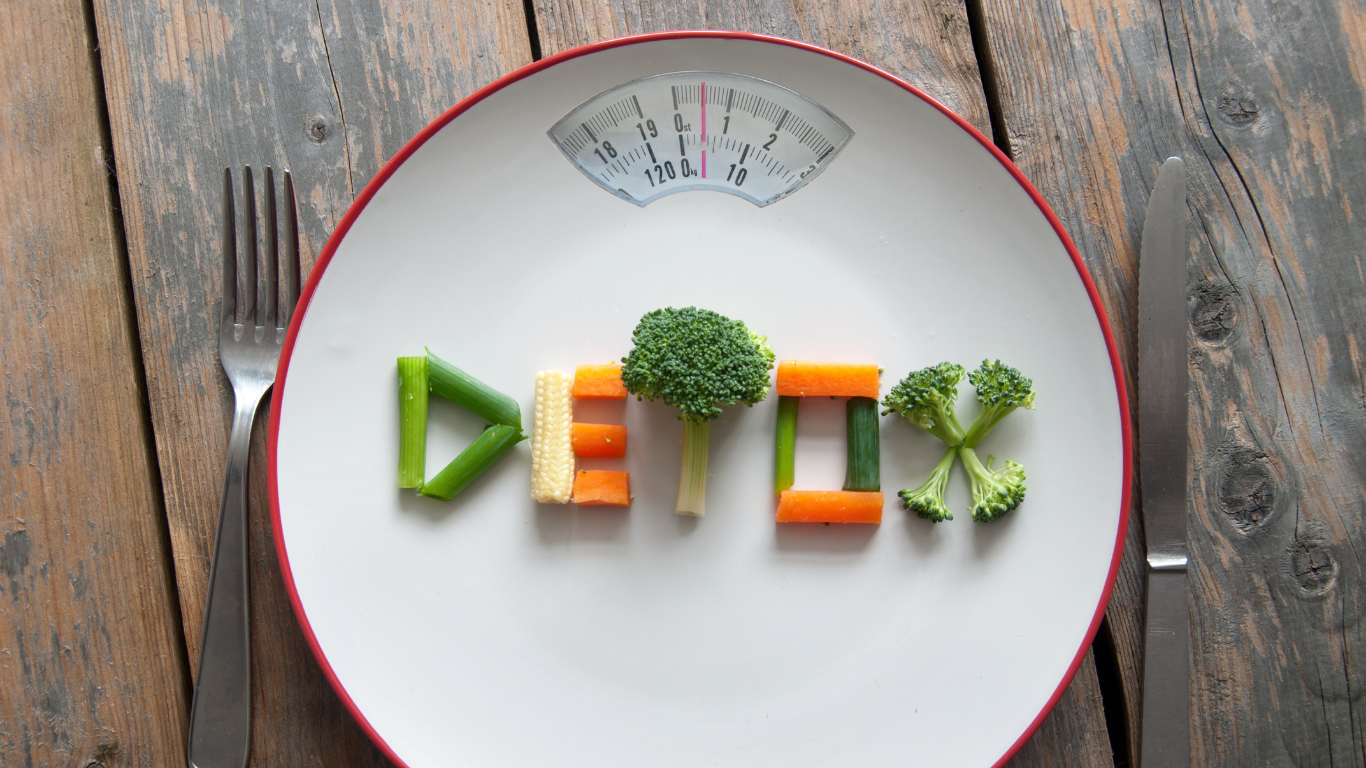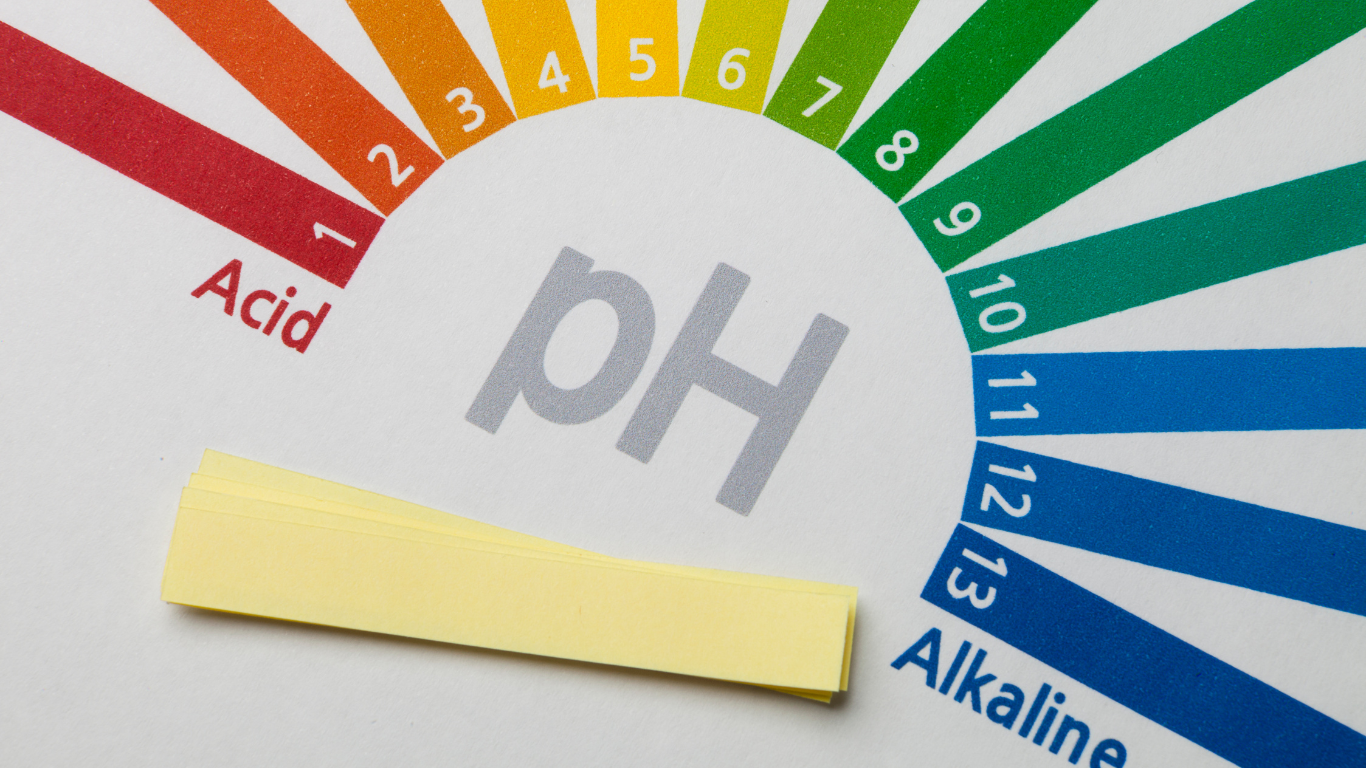What to eat before starting a fast
Before starting a fast, it is important to prepare your body by consuming nutrient-dense foods. Eating a balanced meal that includes fiber, protein, and healthy fats can help stabilize your blood sugar levels and reduce hunger pangs during the fast.
Some great options for a pre-fast meal include:
- Leafy green salads with avocado and a variety of veggies
- Smoothie bowls with plant-based protein powder, frozen fruits, and nuts
- Whole grain toast with mashed avocado or nut butter
- Grilled or roasted veggies with quinoa or brown rice
- Raw veggies with hummus or guacamole
How to gradually ease into fasting
To ease into fasting, start by reducing the number of meals you eat per day. Instead of three large meals, try eating two meals with a small snack in between. This will help your body adjust to reduced calorie intake.
Next, try extending the time between meals. If you usually eat breakfast at 8 am, try pushing it back to 10 am. This will gradually increase the amount of time your body is in a fasted state.
When you feel ready, you can try longer. Start with a 24-hour fast and gradually increase the length of time as your body becomes more accustomed to it.
It is important to listen to your body and stop fasting if you experience any negative symptoms. Always consult a doctor before attempting any form of fasting, especially if you have an underlying health issue.
The Detoxification Process
How the Body Detoxifies
Detoxification is the natural process that your body undergoes to eliminate toxins and waste products. Your liver, kidneys, lungs, and lymphatic system, and skin all play a vital role in this process. When functioning properly, these organs work together to remove harmful substances and maintain a healthy balance.
The liver is the primary organ responsible for detoxification. It filters the blood and metabolizes toxins into compounds that can be excreted from the body through urine or feces. The kidney also filters blood and eliminates waste products through urine.
The lungs eliminate carbon dioxide, a waste product of metabolism, and other harmful substances that can be inhaled. The lymphatic system is responsible for removing toxins and waste tissues and transporting them to the liver for processing and elimination. The skin, the body’s largest organ, helps remove toxins through sweat.
Food to Eat and Avoid During a Fast
Food that Aid in Detoxification
One food that can aid in detoxification is lemon. Adding fresh lemon juice to your water or tea can help stimulate digestion and flush out toxins from your body. It’s high in vitamin C, which is powerful antioxidant that helps protect your cells from damage caused by free radicals
Tips for a Successful Fast
Staying Hydrated
One of the most important tips for a successful fast is to stay hydrated. During a fast, your body is working hard to eliminate toxins and other substances that have built up over time. This process requires a lot of water, so it’s crucial to drink plenty of fluids to support your body’s natural detoxification processes.
Getting Enough Rest
During fasting, our bodies undergo a detoxification process that can be taxing on the system, and without proper rest, our bodies won’t be able to keep up with the demands. Adequate rest helps our bodies regenerate and repair themselves. It also helps to reduce stress and promote mental clarity, which is crucial during the fasting period.
Incorporating Exercise
Incorporating exercise into your fasting routine can help you achieve even greater results. Here are some tips for a successful fast with exercise:
- Consult with your doctor before beginning any fasting or exercise regimen.
- Start slowly and gradually increase your level of exercise during your fast.
- Choose low-impact activities such as walking, yoga, or stretching to avoid excessive strain on your body.
- Listen to your body and rest when needed. Overexertion during a fast can lead to dizziness, nausea, and other complications.
- Hydrate properly by drinking plenty of water and electrolyte-rich fluids to replace those lost during exercise.
- Break your fast with a light meal and continue to ease back into your regular exercise routine over the next few days.

